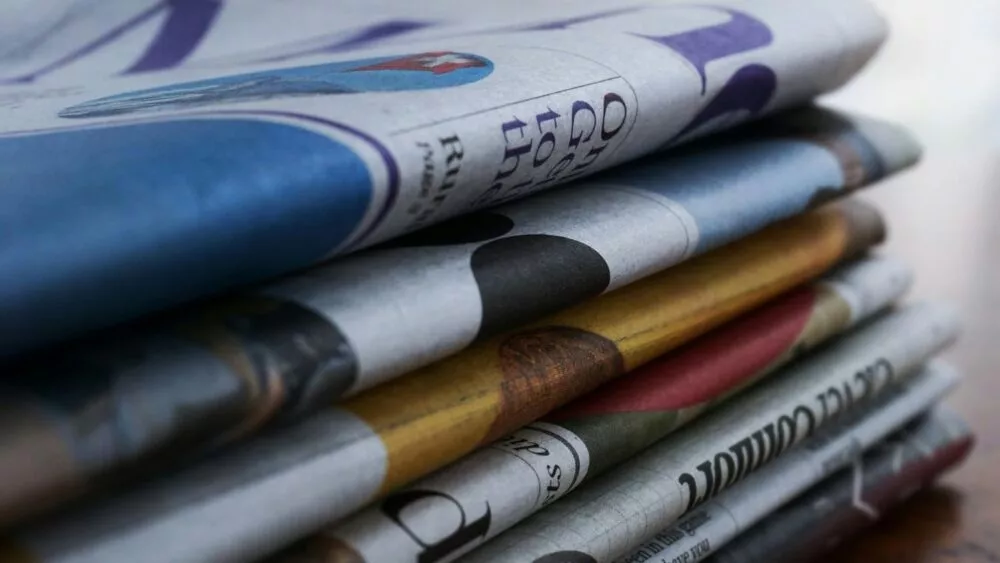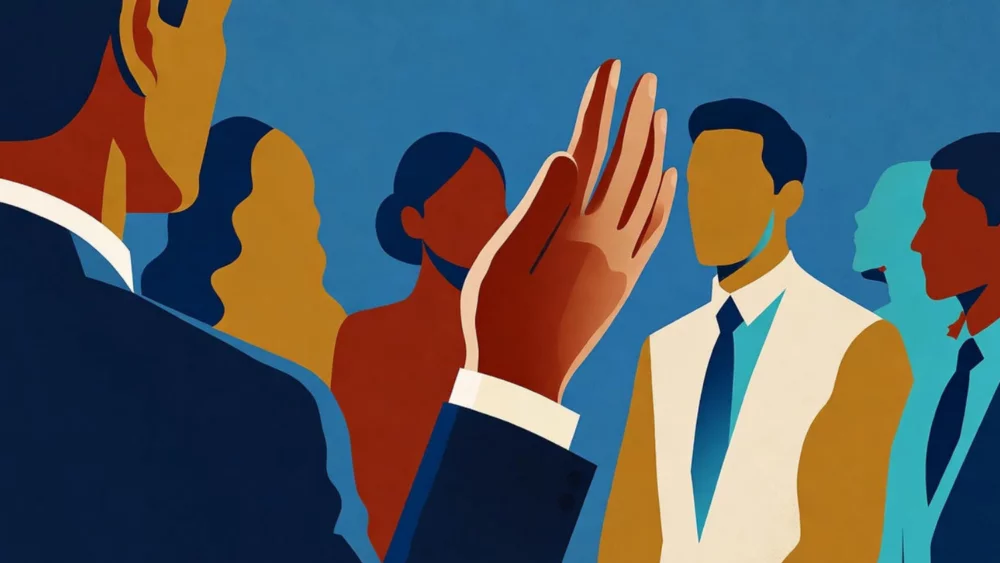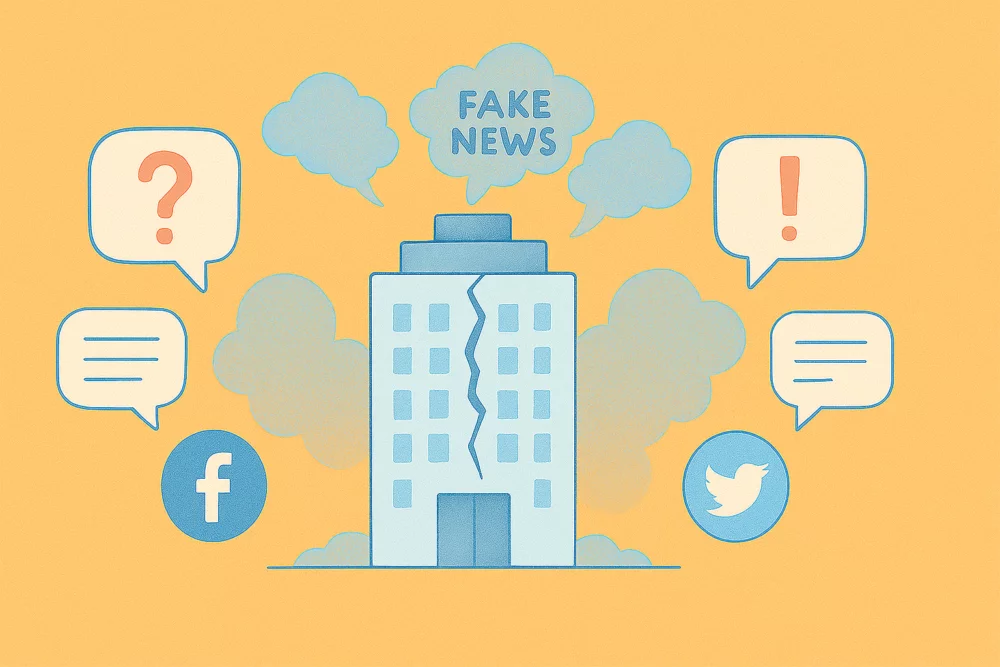In response to this development, Yann Guégan, vice-president of the Journalism Ethics and Mediation Council, called in an article in L’Obs for self-regulation within the profession, highlighting the abuses of unscrupulous actors in the communication industry.
Ethical considerations within the fields of journalism and communication are now more prominent than ever, with significant ethical differences between the two professions raising crucial issues.
Journalistic Ethics: The Sacred Rule of Truth
- The professional ethics charter for journalists drafted in 1918 by the National Union of Journalists (SNJ).
- The Munich Charter, or Declaration of the Duties and Rights of Journalists of 1971, endorsed by all European journalist unions.
Additionally, some media outlets have established their own ethical rules, such as Mediapart, whose ethical charter aims to promote journalism serving public interests and values like humanism, democracy, and social justice.
Communication Ethics: Striking a Delicate Balance between Transparency and Promotion
The Athens Code, or International Code of Ethics for Public Relations signed in 1965, lays the groundwork for communication ethics, with subsequent texts updating the initially established rules.
Codes of ethics by organizations like SCRP and SYNAP outline principles including responsibility, sincerity, loyalty, and respect for both client interests and the public's interest.
Moreover, the ICC Code of Communications from the International Chamber of Commerce underscores the importance of transparency in communications, emphasizing the need to clearly identify commercial communications regardless of format or medium.
Journalists and Communicators: Ethical Differences and Common Ground
The ethical nuances between journalists and communicators stem from their differing objectives: information professionals are often seen as having a mission of general interest, while communicators primarily advocate for the particular interests of the entities they represent.
For instance, in communication, it's often acceptable to accentuate positive information and omit or soften negative information to promote a favorable image, while objectivity is generally paramount in journalism. Nonetheless, both professions share many ethical principles such as integrity, transparency, and rigor.
The ethical codes of both journalists and communicators converge on numerous points, primarily because both seek to establish trust with their audiences.
Journalism and Communication: Ethical Codes Must Evolve with the Times
Information professionals currently face an unprecedented crisis of confidence. For instance, according to the 2023 Journalism Utility Barometer by the ViaVoice Institute in partnership with Radio France, France Télévisions, and France Médias, only 47% of French citizens trust journalists' work regarding politics.
The rise of social media and the increasing influence of artificial intelligence profoundly transform information consumption habits, presenting numerous challenges for journalists and communicators alike.
The battle against fake news emerges as an unavoidable ethical concern, while the role of influencers as new preferred sources of information for younger generations threatens confidence in traditional media.
What if journalists and communicators worked together more closely than ever before, establishing positive relationships to evolve their ethical frameworks and address the new challenges of their professions?
Ingrid de Chevigny







